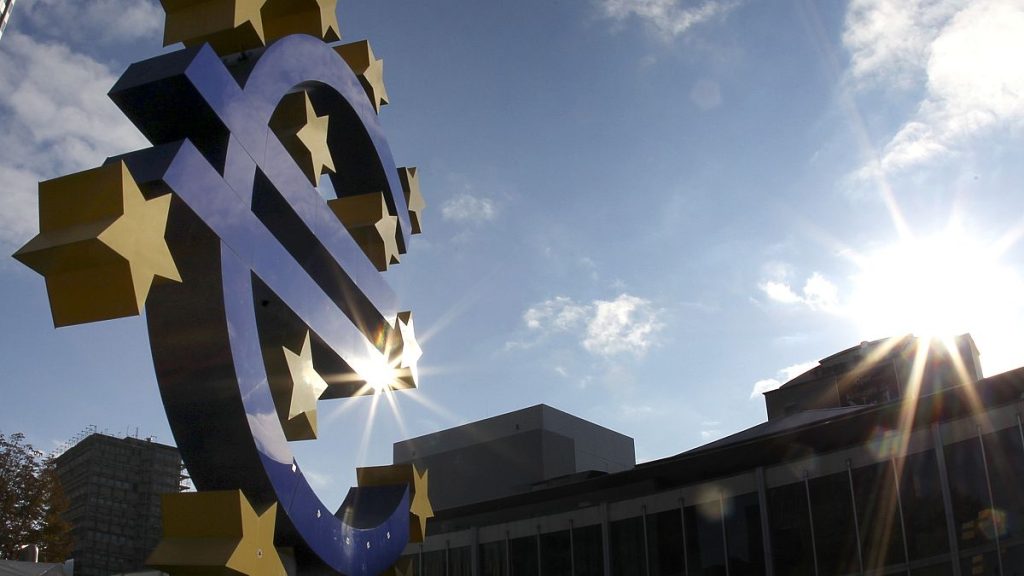In November, inflation in the eurozone nudged higher, meeting market forecasts as Germany grappled with its steepest drop in retail sales in two years. According to preliminary data from Eurostat, annual inflation rose to 2.3% in November from 2% in October. This uptick reflects the diminishing deflationary effects of energy prices. Despite surpassing the European Central Bank’s (ECB) target, recent monthly trends indicate a more favorable outlook. Notably, consumer prices decreased by 0.3% in November compared to the previous month, marking the largest monthly decline since January 2024. Although energy prices remained down by 1.9% year-on-year, this decline was less severe than in prior months, as the impact of last year’s price spikes lessened.
The core inflation rate, which excludes energy prices and food, showed a rise to 2.8% on an annual basis, indicating that underlying price pressures might be softening. This suggests that the ECB could consider easing interest rates further, particularly following the latest Purchasing Managers’ Index (PMI) surveys, which indicated a contraction in the eurozone’s private sector activity in November. The Composite PMI slid to 48.1, indicating the sharpest reduction since January and falling short of market expectations. The services sector, which had previously supported economic growth, also fell into contraction for the first time in ten months. This broadening economic slowdown may compel the ECB to act decisively regarding interest rate adjustments in its upcoming meetings.
Despite the deteriorating economic indicators, analysts believe that the ECB’s current policy direction is unlikely to change drastically. The latest inflation data aligns with the prevailing disinflationary trends, thus justifying possible rate cuts as the central bank seeks to stimulate growth in response to weakening activity. Forecasts indicate a 25 basis point cut in December, particularly following comments from ECB officials that have dampened speculation of more extensive cuts. The overall economic landscape, while concerning, does not yet signal a drastic decline, allowing the ECB the flexibility to navigate its policy options carefully as uncertainty persists.
Simultaneously, Germany—the eurozone’s largest economy—reported a significant downturn in consumer spending. According to data from the Federal Statistical Office, retail sales plummeted by 1.5% month-on-month in October, following a revision of a 1.6% increase in September. This dramatic decline surpassed expectations, marking the steepest contraction observed in two years and raising alarms about the country’s economic stability. The faltering retail performance reflects a broader, more worrying trend within the eurozone, as consumers grow increasingly hesitant to spend amid economic uncertainties, leaving a detrimental impact on growth forecasts for the region.
In the wake of these economic developments, financial markets exhibited limited reaction to the latest data on inflation and retail sales. The euro held relatively steady against the US dollar, trading at approximately $1.0560, while yields on eurozone sovereign bonds remained comparatively stable. The German 10-year Bund yield stayed around 2.12%, its lowest since early September, indicating a cautious market sentiment. Additionally, equity markets mirrored this stasis, with the Euro STOXX 50 index remaining flat following a slight rise in preceding sessions. While certain major corporations such as Airbus and Schneider Electric saw minor gains, other key stocks, including Telefonica and Banco Santander, experienced losses, reflecting divergent performance in the equity space.
Overall, the eurozone appears to be navigating a complex economic landscape characterized by rising inflation, faltering consumer confidence, and a constraining economic environment. While the annual inflation figures show an increase, the monthly trends suggest that disinflation may still be underway, providing some reassurance to policymakers. Nevertheless, the pronounced decline in German retail sales and the broad contraction in private sector activities emphasize the urgent need for the ECB to consider stimulative measures to support economic recovery amidst challenging conditions. Both consumers and businesses face significant uncertainties that could shape the eurozone’s economic trajectory in the coming months, necessitating careful monitoring and strategic responses from financial institutions and policymakers alike.














